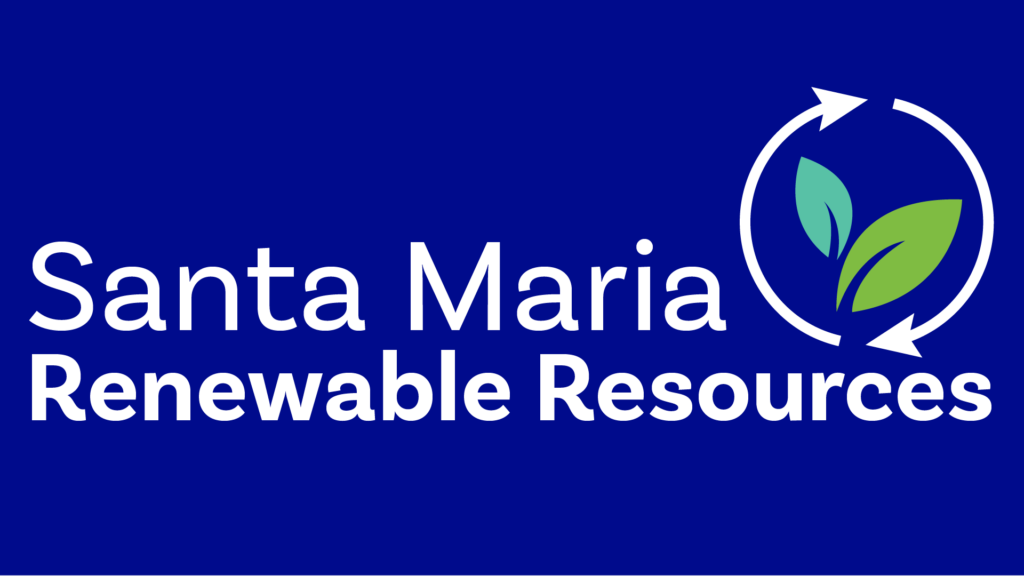
Menu
Copyright 2023 © All Rights Reserved – Privacy Policy
![SMRR Campus Rendering[59]](https://media.bizj.us/view/img/12651600/smrr-campus-rendering59*900xx1200-673-0-138.jpg)
As interest in biofuels and sustainable aviation fuel rises, another Houston-based company is building a production plant in East Texas.
Santa Maria Renewable Resources said this week it had tapped Denmark-based Topsoe and The Woodlands-based Chemex Global to deliver technology and perform front-end engineering, respectively, for its planned 1,400-acre biofuels plant near Lufkin in Angelina County. A spokesperson for SMRR confirmed to the Houston Business Journal that the company will pursue permitting approvals through 2024 before beginning construction in 2025.
The plant is expected to begin production in 2026, and it will produce 3,000 barrels of renewable diesel and sustainable aviation fuel per day. Topsoe will provide two chemical processes for the plant, which will allow for the conversion of fats, oils and greases into petroleum diesel or jet fuel and process waste gases into green hydrogen, allowing the plant to lower its carbon-intensity score.
SMRR told the HBJ the Lufkin site was ideal for a plant due to access to a water supply, a power substation, a natural gas line and a major rail line near the property. Additionally, the site is in an attainment area for air quality, meaning the air is cleaner than national standards. SMRR is working with Houston-based engineering and consulting firm CH-IV International for its permitting approvals.
During construction, the plant is projected to create 600 to 700 construction jobs, SMRR said. Once the facility goes online, 300 permanent operating positions will be created.
The plant will be SMRR’s first renewable fuels project. Under its present name, SMRR has been registered with the Texas comptroller as a taxable entity since November 2023. However, another entity under the name Santa Maria Renewable Energy LLC has been registered with the comptroller’s office since February 2022, with SMRR CEO Pat Sanchez listed as the registered agent for both companies.
SMRR has offices at 1360 Post Oak Blvd. within the Four Oaks Place business plaza, according to the company’s website.
Another company that has tapped Topsoe for an SAF plant in Texas is HIF USA, the Houston-based subsidiary of Chile-based developer HIF Global. The company previously told the HBJ that it plans to invest $6 billion into the plant, which is located in Matagorda County.
This week, HIF and Japan-based energy company Idemitsu Kosan announced a letter of intent for purchasing the company’s eMethanol fuel from the planned plant, which is set to begin operations in 2027. Made by combining green hydrogen and recycled hydrogen dioxide, eMethanol is chemically equivalent to current methanol, HIF said. It can be used in existing infrastructure or converted into other e-fuels, such as synthetic gasoline or synthetic jet fuel.
HIF has also previously applied for tax incentives to build another plant in Glen Rose, southwest of Fort Worth. The company was one of several highlighted in a 2023 report from the Sustainable Aviation Fuels Congress for its work in Texas.
Sacramento, California-based Infinium, meanwhile, also has multiple projects under way in Texas. An Infinium affiliate is building a plant in Corpus Christi, which will eventually supply electrofuels to Amazon.com Inc. (Nasdaq: AMZN) for transportation fuel. The company has also partnered with Denbury — which was acquired this year by Exxon Mobil Corp. (NYSE: XOM) — to develop e-fuels projects in other areas of Texas, including Brazoria County, south of Houston.
The U.S. Department of Energy, Department of Transportation and Department of Agriculture have collaborated to establish the Sustainable Aviation Fuel Grand Challenge, which targets the production of 3 billion gallons of SAF by 2030 and 35 billion gallons by 2050. The roadmap details six action areas to expand SAF supply and use, including policy analysis, feedstock innovation, and supply chain construction.

Copyright 2023 © All Rights Reserved – Privacy Policy